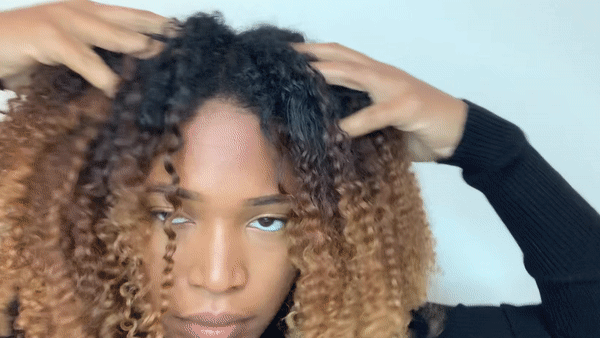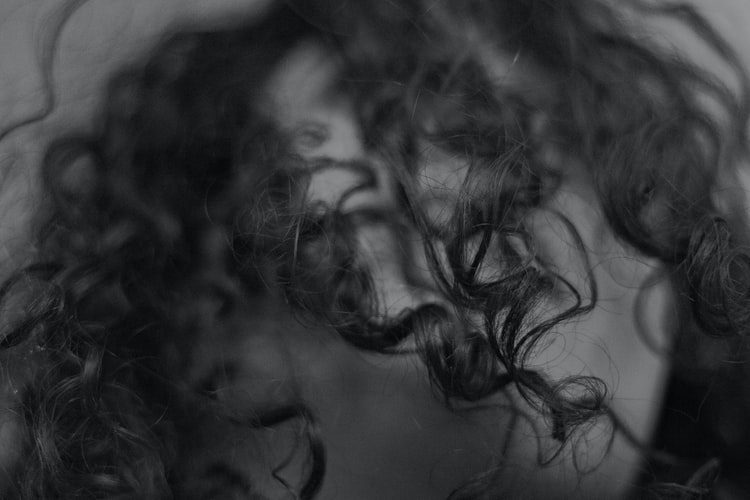Have you been noticing changes with your body since the COVID-19 pandemic started? If so, you’re not alone.
Many individuals have reported experiencing hair loss induced by stress from the pandemic. People have noticed that they started shedding a huge amount of hair a few weeks and a few months since the first reports regarding the virus surfaced, while some experienced this while they were battling the virus themselves.
Our bodies have definitely taken a toll from all the stress, fear, and anxiety that we experience because of the ongoing health crisis. It is normal for the body to respond to all these stressors and heightened emotions, and for some, the changes in their hair signals that they have just experienced a great amount of stress. If you’ve been suffering from a stress-induced hair condition, then read on for more information to help you understand and solve it.
THE EFFECT OF STRESS ON HAIR
1. Hair Loss
Telogen effluvium is a condition wherein an individual experiences a significant amount of hair loss after a stressful event. These events can be anything from psychological stress, abrupt hormonal changes, or high fever.
After the occurrence of these events, one experiences stress-induced hair loss when 30% of their hair start to transition to a telogen phase and fall out in 2-4 months. This is alarming because around 85-90% of our hair is usually in its anagen phase, where it is programmed to grow. On the other hand, only around 10% is supposed to be in the telogen phase, which is when it is getting ready to shed.
You can check if you have this condition by assessing if you’re experiencing some of the most common symptoms of telogen effluvium. People experiencing this will have hair strands that will easily fall off, even when you’re just lightly tugging them. You will also notice that they have a white bulb at the end, which is the usual state of hair in its telogen phase.
2. Dry Scalp
Stress may also cause you to have dandruff or a dry, itchy scalp. When you’re experiencing stress, your body reacts by releasing hormones and pro-inflammatory chemicals. Your hormones are actually necessary in controlling oil production in your scalp, while pro-inflammatory chemicals can change your scalp’s natural barrier function. In combination, these two can create an imbalance in your scalp that can lead to dryness and irritation.
Finally, you should also check if you’re experiencing itchy scalp because of lichen planus, a relatively uncommon scalp and skin condition that is triggered by stress or fatigue.

SOLUTIONS FOR HAIR CONDITIONS
1. Milder Products
Stress may make your scalp more sensitive, so you should protect your hair and scalp by avoiding irritating hair products. Products that have natural ingredients will be mild on your scalp, so it won’t cause more irritation. You can also look out for hydrating ingredients that relieve scalp conditions, such as vitamin E and aloe vera.
2. Stress Management
If you know that your hair condition is caused by stress, then you should try minimizing the triggers for your stress. Work towards your recovery by taking care of your own body. Improve your health by increasing your consumption of fruits and vegetables.
If you’re working from home, then practice good remote working habits, such as setting definite work hours, so you have enough time for rest and relaxation. Furthermore, you should also try doing mind and body practices that can help in stress relief, such as meditation and yoga.
3. Professional Help
If your hair condition is getting worse, then you should consider consulting with a board-certified dermatologist. Dry, itchy scalp should not be dismissed if it is causing a lot of irritation. On the other hand, telogen effluvium normally lasts only for a few months, so if your hair loss has been persisting for more than 6 months, then you should have your scalp checked by your doctor.
***
Written by Jennifer Violeta

